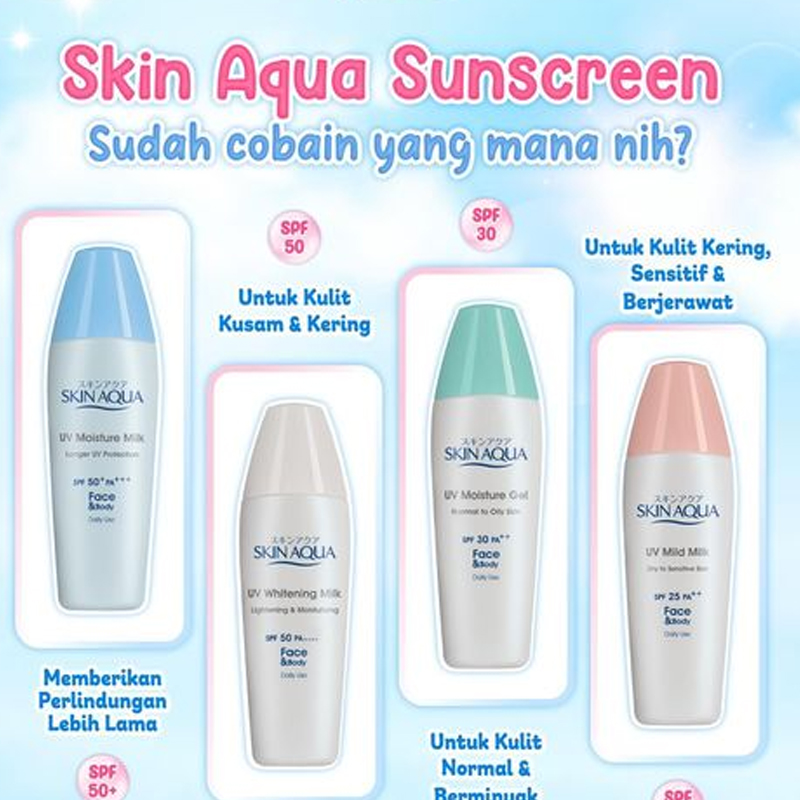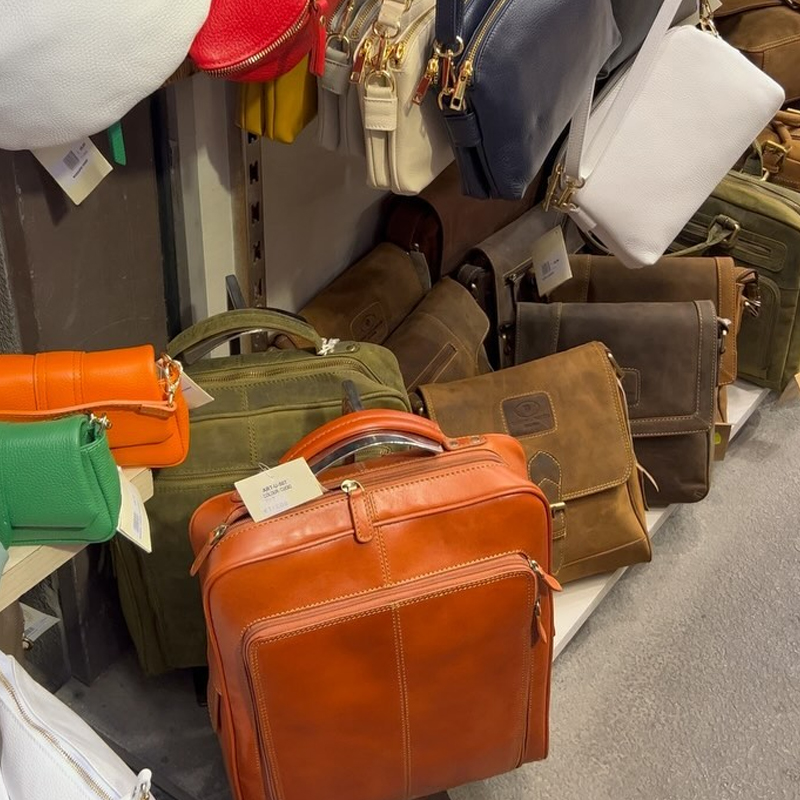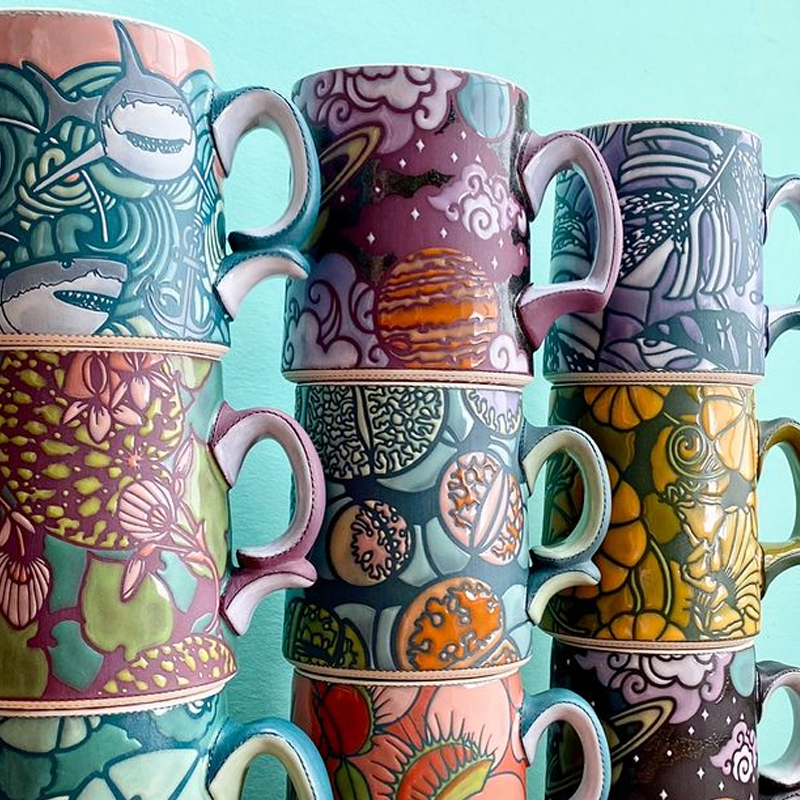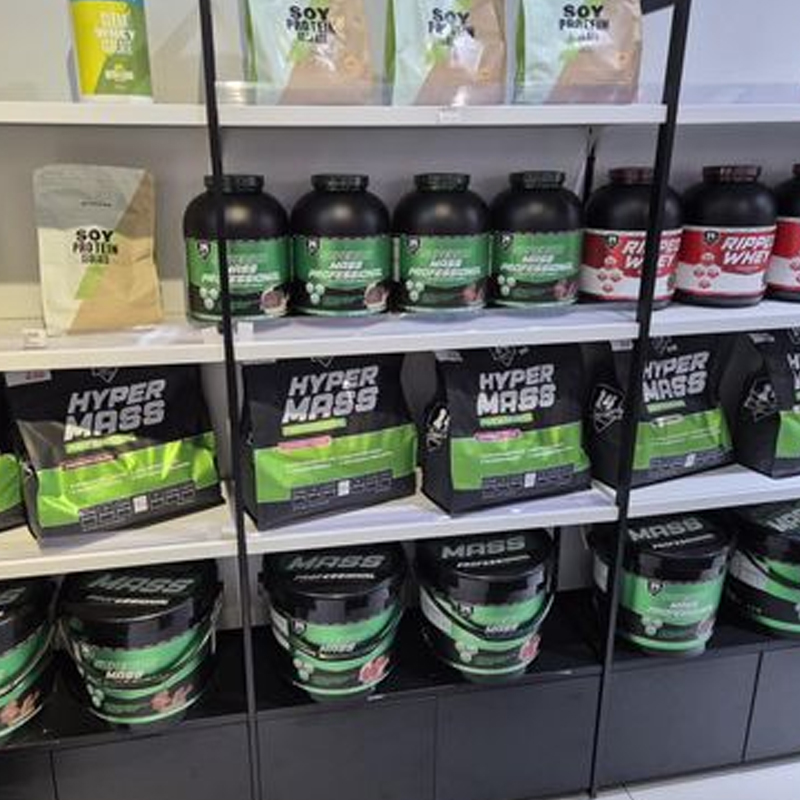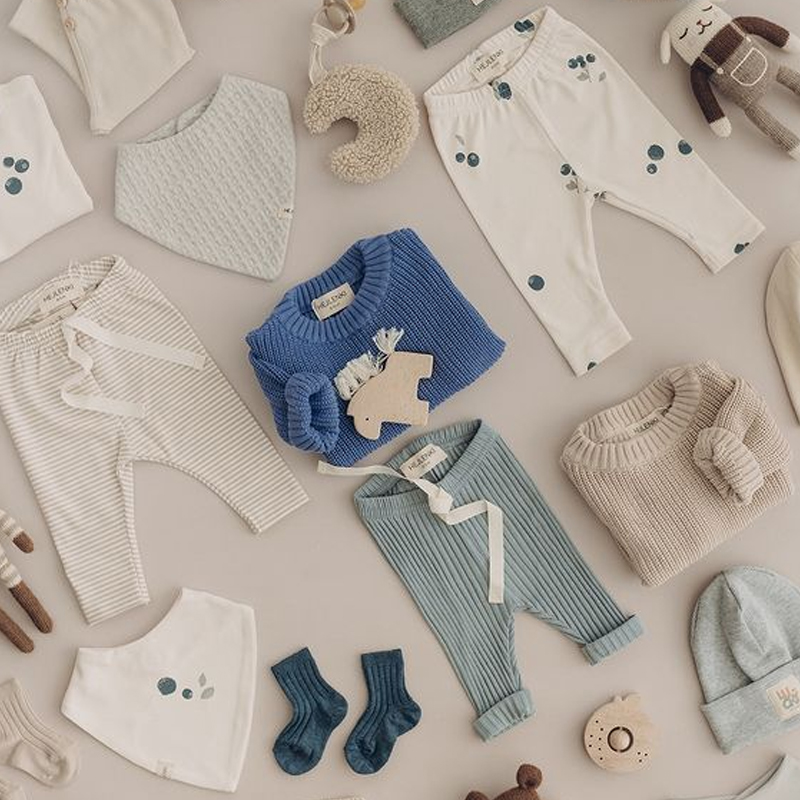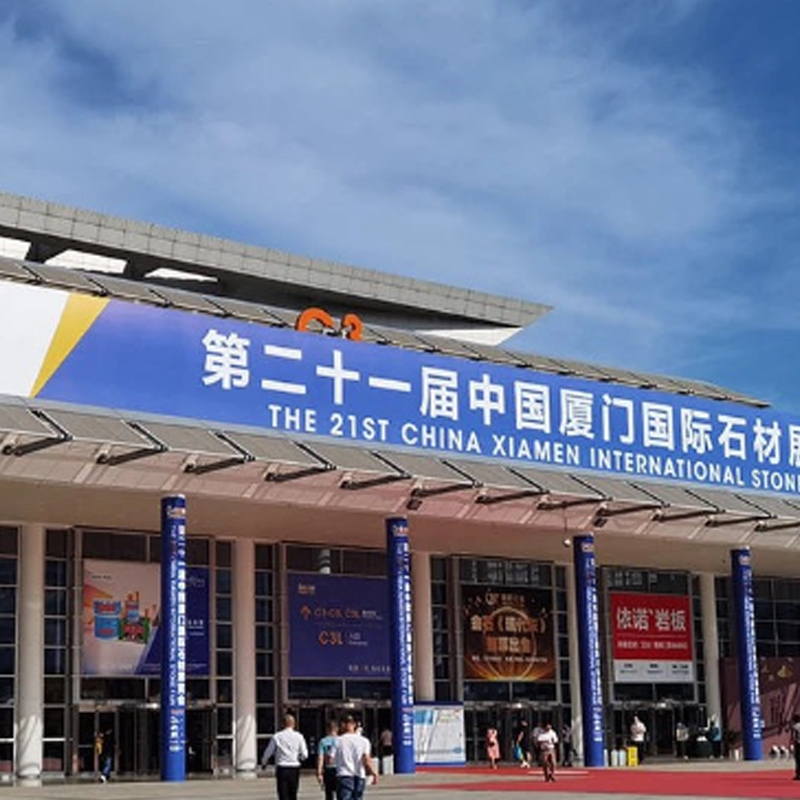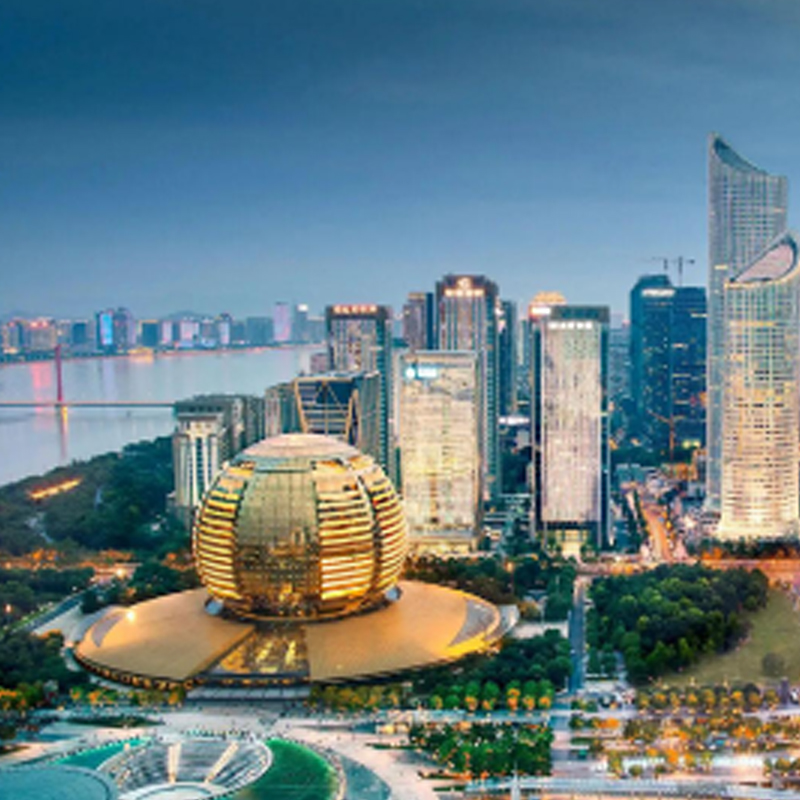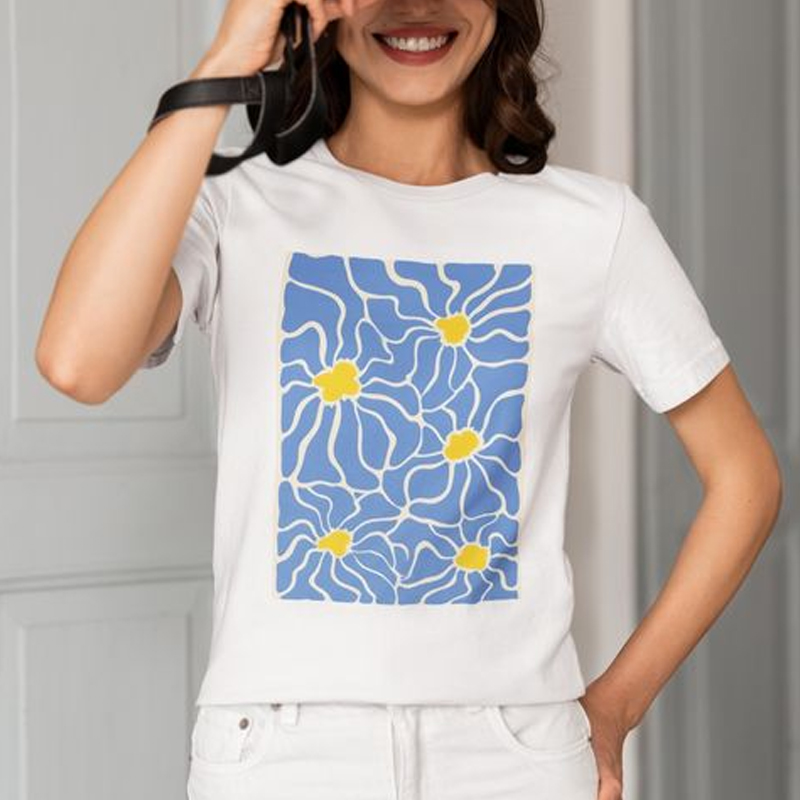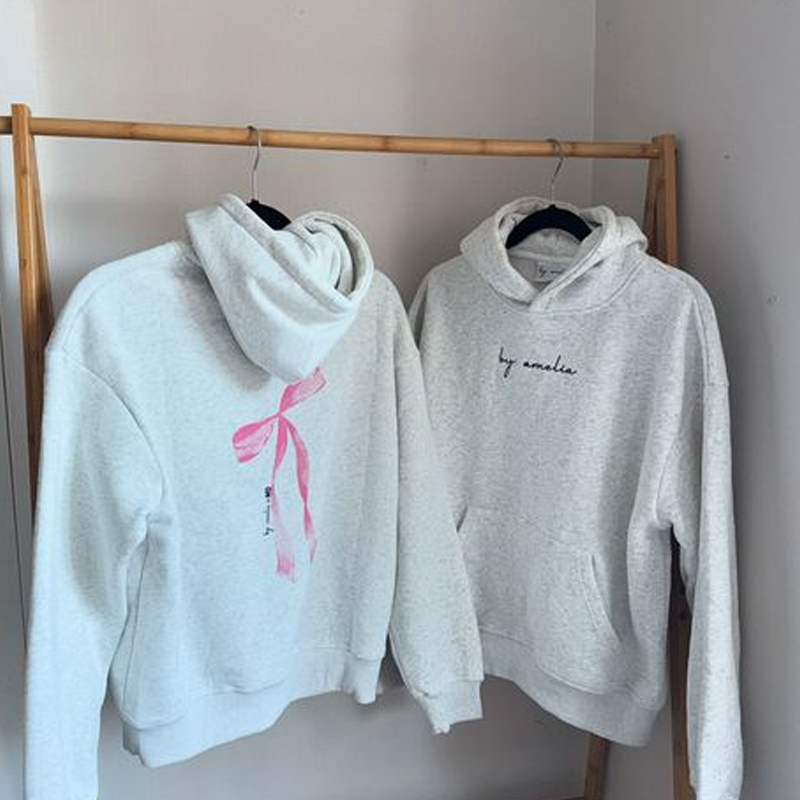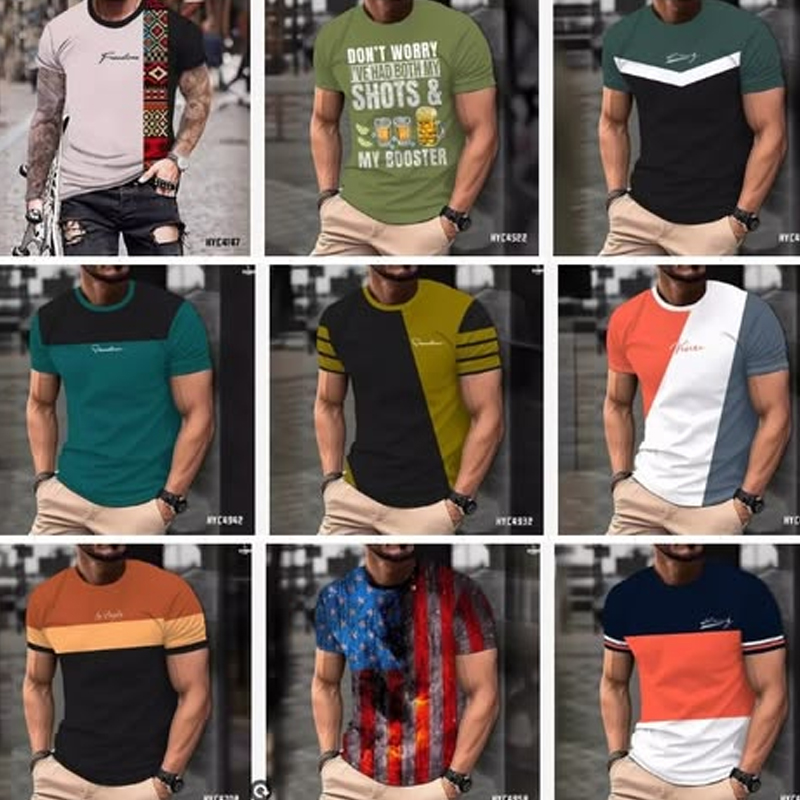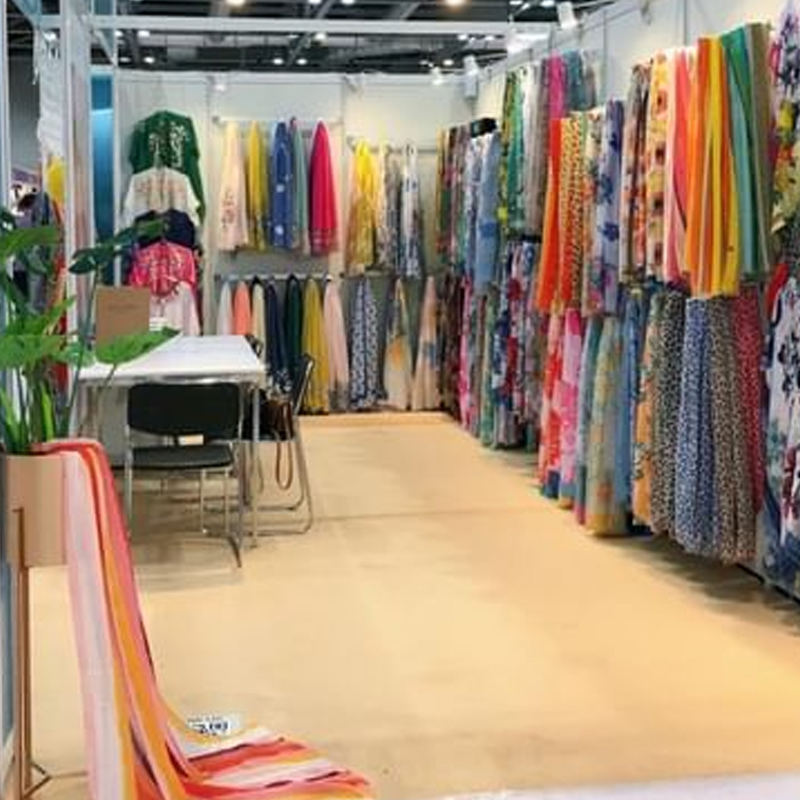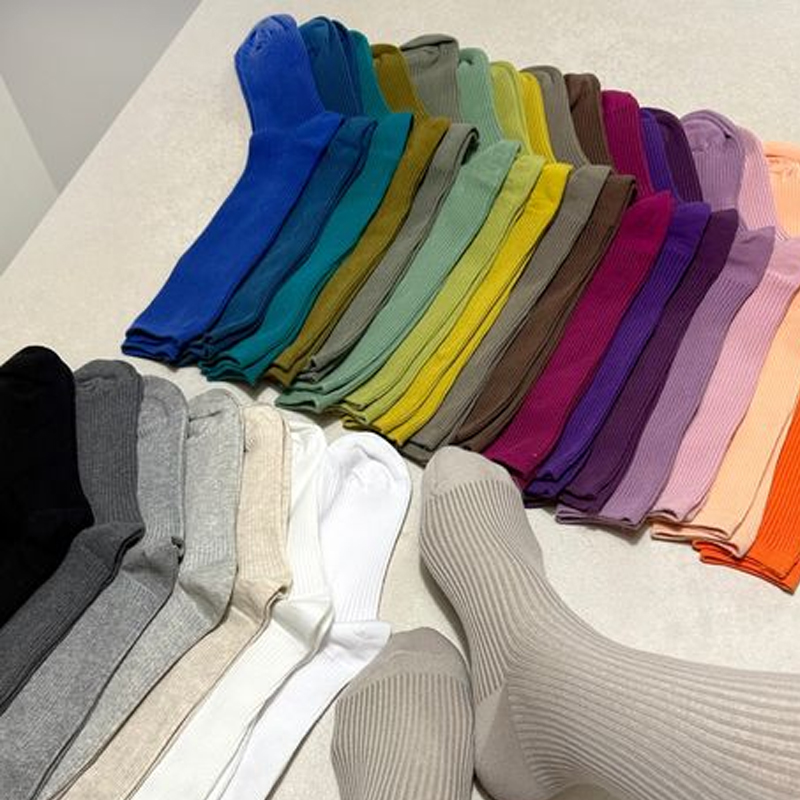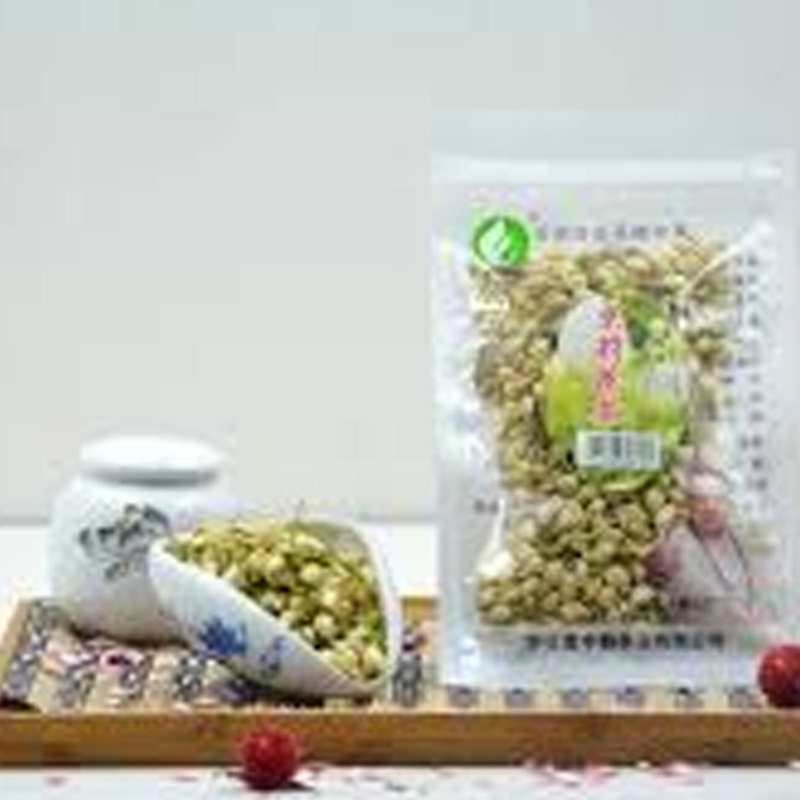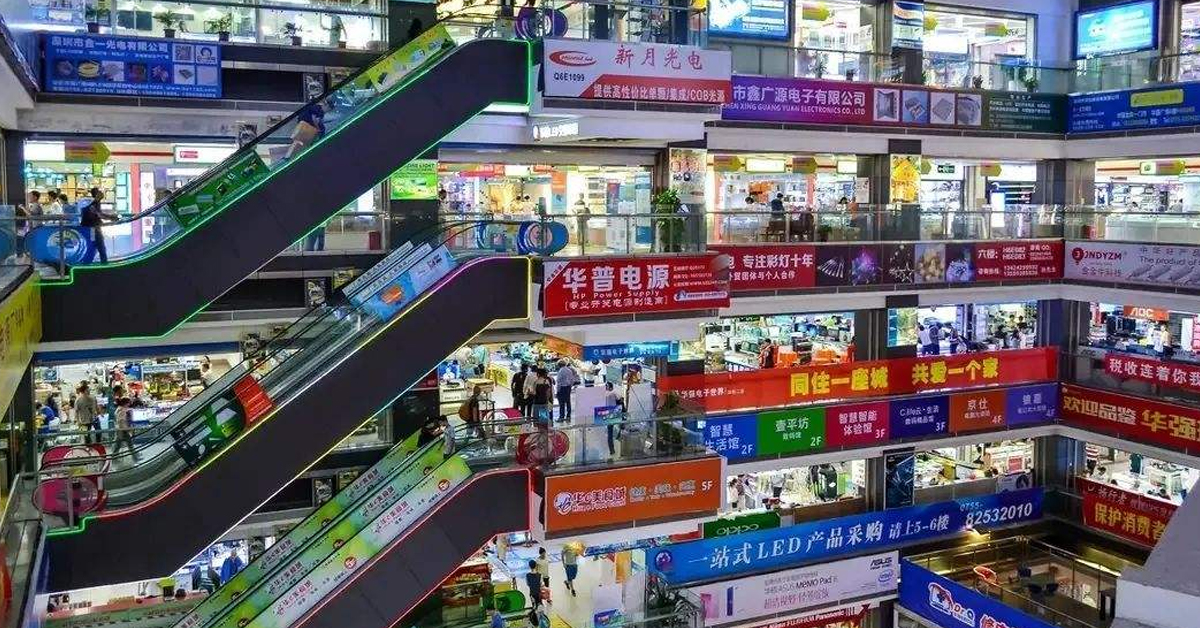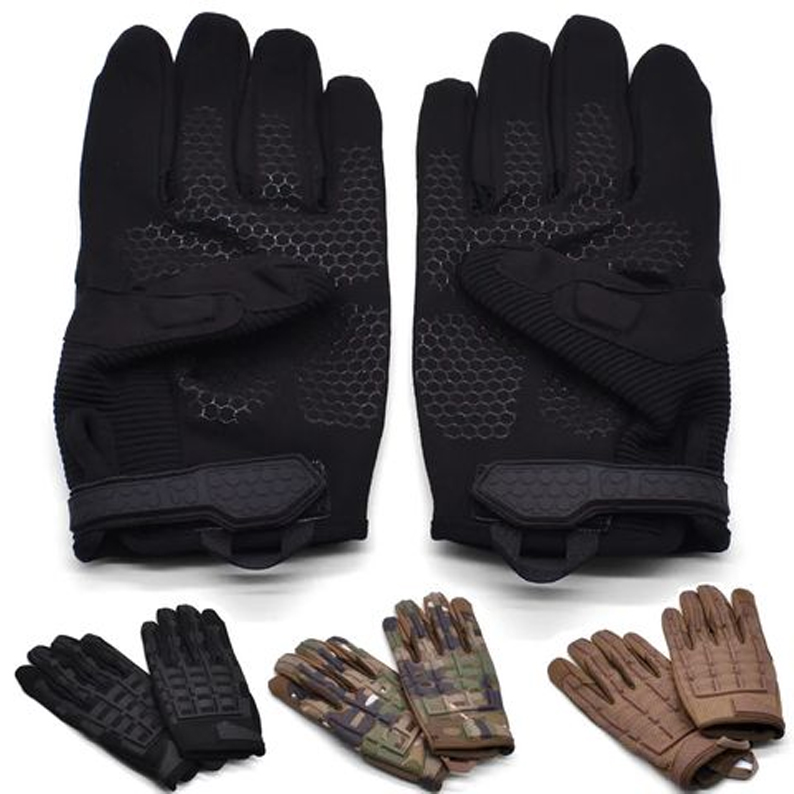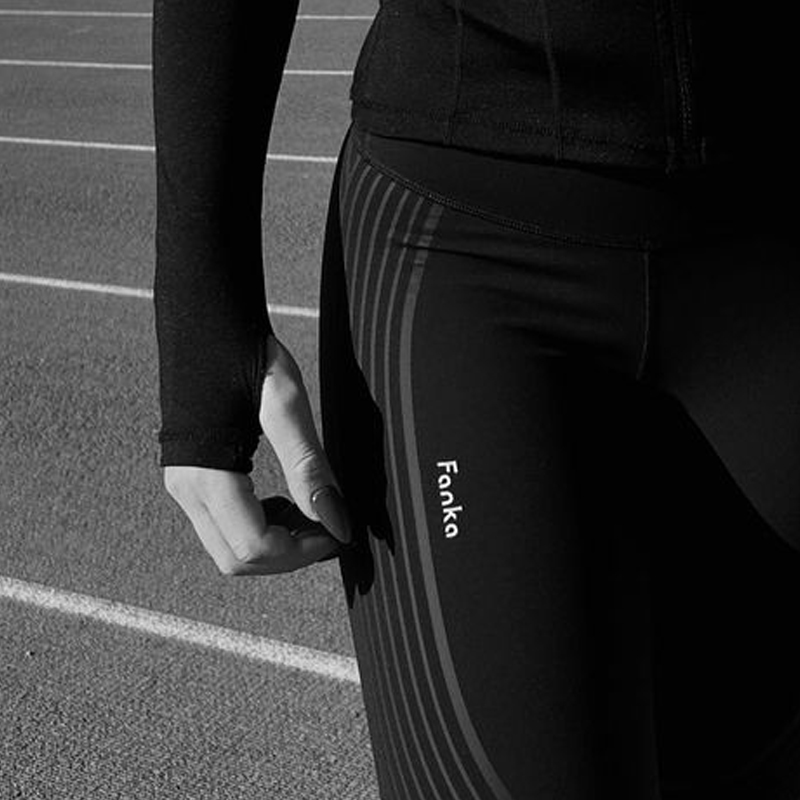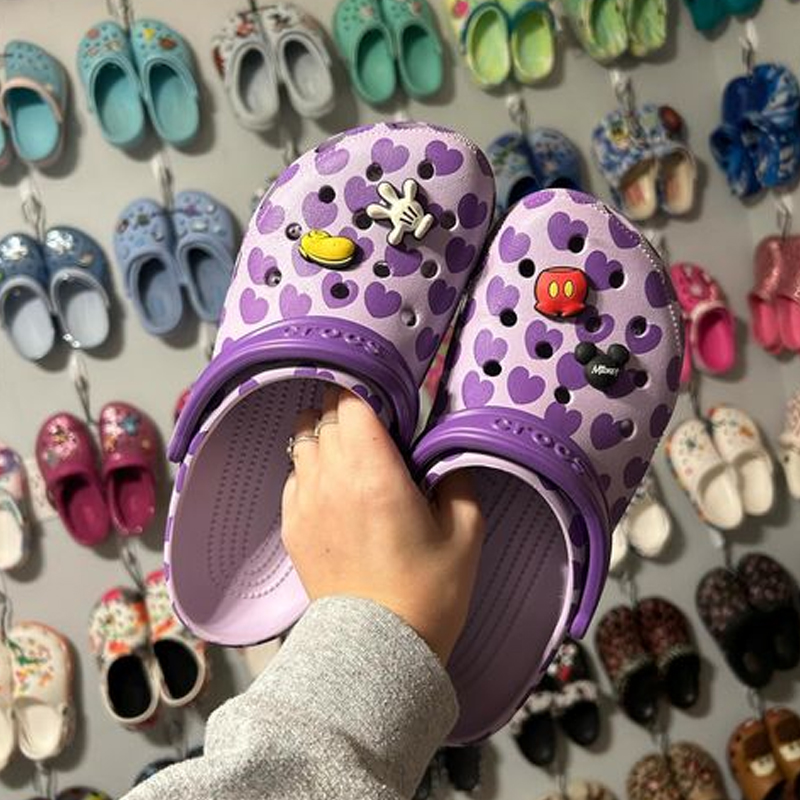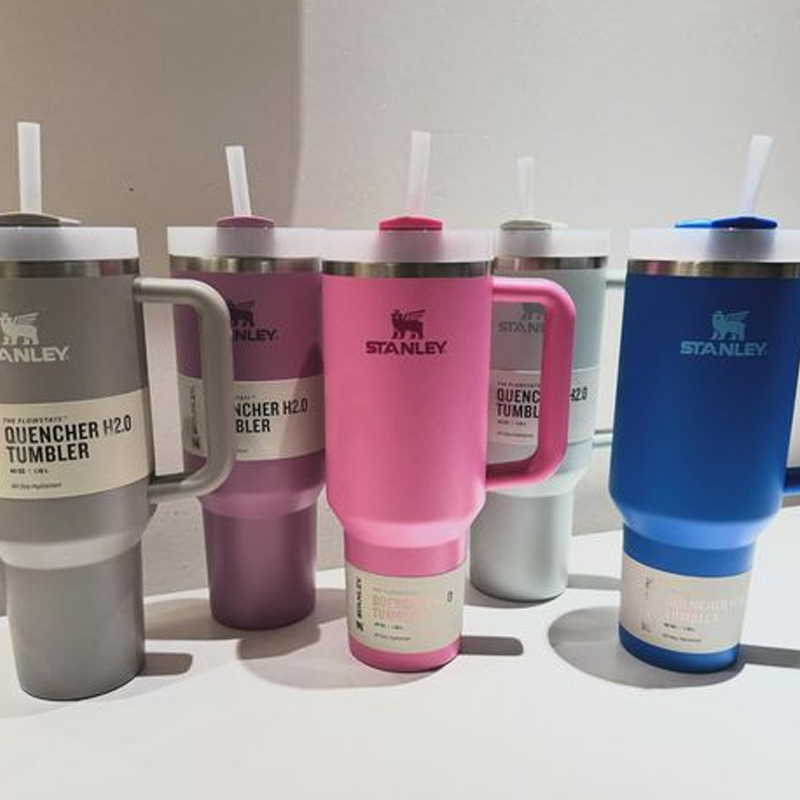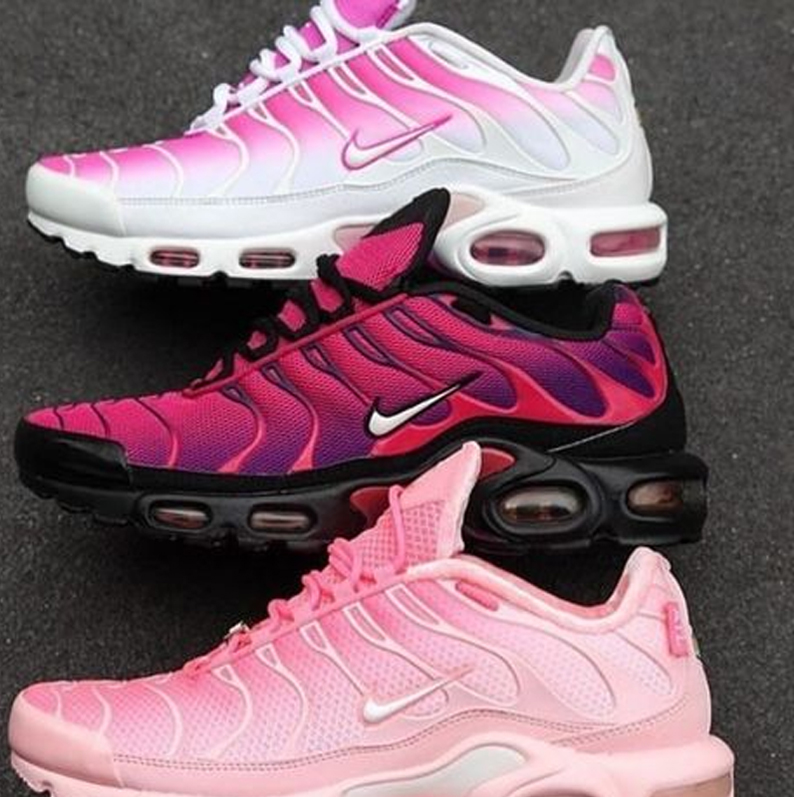Welcome to the vibrant world of Shaoxing Textile Market, China’s premier fabric wholesale hub! If you’re in the fashion industry, a DIY enthusiast, or simply curious about the textile trade, this comprehensive guide will unravel the secrets of this bustling marketplace. From an astounding array of fabric varieties to insider tips on navigating market zones, we’ll cover everything you need to know to make the most of your Shaoxing experience.
Why should you keep reading? Whether you’re planning a visit or just want to understand the dynamics of China’s textile industry, this article offers valuable insights into bulk pricing strategies, quality grading systems, and the art of building supplier relationships. We’ll also explore the latest fashion trends, custom order processes, and export services that make Shaoxing a global textile powerhouse. So, fabric up and let’s dive in!
Key Takeaways: Your Shaoxing Textile Market Cheat Sheet
- Shaoxing is China’s largest textile wholesale market, offering an unparalleled variety of fabrics
- The market is divided into specialized zones, making navigation easier for buyers
- Bulk pricing and quality grades vary widely, catering to different budget and quality needs
- Custom orders and export services are readily available for international buyers
- Building strong supplier relationships is key to long-term success in Shaoxing
- The market is a trendsetter in fashion fabrics and eco-friendly textile options
What Makes Shaoxing the Epicenter of China’s Textile Wholesale Industry?
Shaoxing’s rise to prominence in the textile world is no accident. Located in Zhejiang province, this city has a rich history in textile production dating back centuries. Today, it stands as China’s largest textile wholesale hub, attracting buyers from all corners of the globe.
The market’s success lies in its sheer scale and diversity. With thousands of suppliers under one roof, Shaoxing offers an unparalleled selection of fabric varieties. From luxurious silks to durable denims, and from trendy prints to traditional weaves, you’ll find it all here. This concentration of suppliers also fosters healthy competition, driving innovation and keeping prices competitive.
Moreover, Shaoxing’s strategic location and well-developed infrastructure make it an ideal base for textile trade. Its proximity to major ports and efficient transportation options facilitate smooth export services, making it a go-to destination for international buyers seeking quality fabrics at wholesale prices.
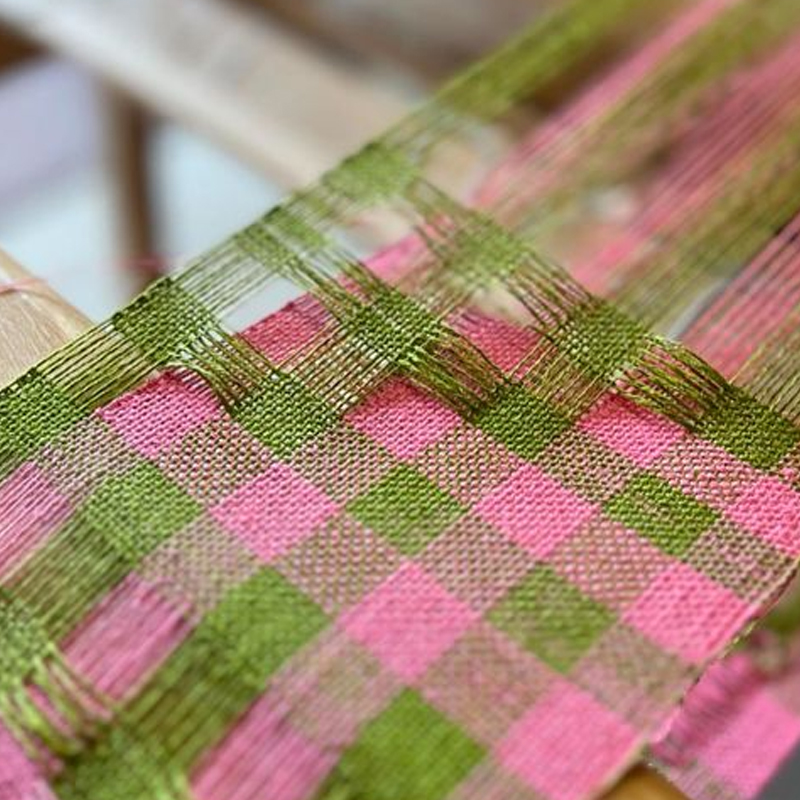
Navigating the Maze: How is Shaoxing Textile Market Organized?
First-time visitors to Shaoxing Textile Market might find the sheer size overwhelming. However, the market’s thoughtful layout makes navigation surprisingly manageable. The market is divided into distinct zones, each specializing in specific types of fabrics or related products.
Here’s a quick overview of the market layout:
| Zone | Specialization |
|---|---|
| A | Cotton and linen fabrics |
| B | Synthetic fabrics (polyester, nylon) |
| C | Silk and high-end fabrics |
| D | Prints and patterns |
| E | Accessories and trimmings |
To make the most of your visit, it’s advisable to plan your route based on your specific needs. Many visitors find it helpful to start with a general walk-through to get a feel for the market before diving into serious negotiations. Remember, comfortable shoes are a must – you’ll be doing a lot of walking!
Fabric Varieties Galore: What Can You Find in Shaoxing?
One of the most exciting aspects of Shaoxing Textile Market is the vast array of fabric varieties on offer. Whether you’re looking for natural fibers, synthetics, or blends, you’ll find an option to suit every need and budget.
Here’s a taste of what you can expect:
- Natural fibers: Cotton, linen, silk, wool
- Synthetic fabrics: Polyester, nylon, rayon, spandex
- Blends: Cotton-polyester, silk-cotton, wool-acrylic
- Specialty fabrics: Denim, velvet, chiffon, lace
- Eco-friendly options: Organic cotton, recycled polyester, bamboo fabric
Seasonal fabrics are also a big draw, with suppliers showcasing the latest trends for upcoming fashion seasons. From lightweight summer linens to cozy winter wools, Shaoxing has you covered year-round. For those interested in sustainable fashion, the market has seen a growing number of eco-friendly textile options in recent years, reflecting the global shift towards more environmentally conscious production.
Cracking the Code: How Does Bulk Pricing Work in Shaoxing?
One of the main attractions of Shaoxing Textile Market is the opportunity for bulk pricing. However, understanding how pricing works can be crucial to getting the best deals. Prices can vary significantly based on factors such as quantity, quality, and your relationship with the supplier.
Here are some key points to remember about bulk pricing in Shaoxing:
- Minimum quantities: Most suppliers have minimum order quantities (MOQs). These can range from a few dozen meters for small wholesalers to thousands of meters for large-scale buyers.
- Tiered pricing: Larger orders often qualify for better per-unit prices. Don’t be afraid to ask about price breaks for different quantities.
- Negotiation is expected: The listed price is often just a starting point. Bargaining techniques are an essential skill in Shaoxing.
- Seasonal fluctuations: Prices can vary based on demand and raw material costs. Be aware of market trends to time your purchases strategically.
Remember, while getting a good price is important, it shouldn’t come at the cost of quality. Always balance price considerations with quality control measures to ensure you’re getting true value for your money.
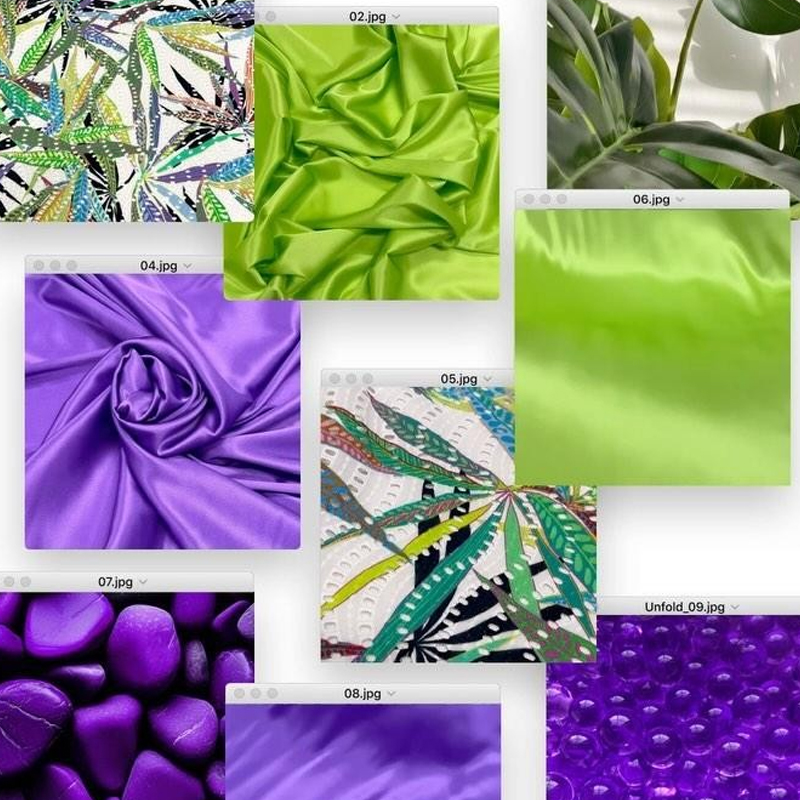
Quality Matters: Understanding Fabric Grades in Shaoxing
In Shaoxing Textile Market, not all fabrics are created equal. Understanding the different quality grades is crucial for making informed purchasing decisions. Fabric quality can impact everything from the final look of your product to its durability and comfort.
Typically, fabrics in Shaoxing are graded on a scale, often from A to D, with A being the highest quality. Here’s a general breakdown:
- Grade A: Premium quality, suitable for high-end products
- Grade B: Good quality, appropriate for mid-range products
- Grade C: Standard quality, often used for budget-friendly items
- Grade D: Lower quality, typically used for non-clothing items or very low-cost products
It’s important to note that these grades can be subjective and may vary between suppliers. Always inspect samples carefully and, if possible, conduct quality control checks. Look for evenness in weave, color consistency, and overall feel of the fabric. For more technical assessments, consider bringing a textile expert or using quality control services available in the market.
“Quality is remembered long after the price is forgotten.” – Aldo Gucci
This quote rings especially true in the textile industry. While lower grades might offer attractive pricing, they could lead to issues down the line in terms of customer satisfaction and product durability.
Custom Creations: How to Order Bespoke Fabrics in Shaoxing?
One of the standout features of Shaoxing Textile Market is the ability to order custom fabrics. This service opens up a world of possibilities for designers and brands looking to create unique products. But how exactly does the custom order process work?
Here’s a step-by-step guide to ordering bespoke fabrics in Shaoxing:
- Design Concept: Start with a clear idea of what you want. This could be a specific pattern, color combination, or fabric composition.
- Find the Right Supplier: Look for suppliers specializing in your desired fabric type and who offer customization services.
- Discuss Specifications: Clearly communicate your requirements, including fabric type, weight, color, pattern, and any special treatments.
- Sample Creation: The supplier will create a sample based on your specifications. This is a crucial step for quality control.
- Revisions: If needed, request adjustments to the sample until you’re satisfied with the result.
- Pricing and MOQ: Once the sample is approved, discuss pricing and minimum order quantities.
- Production and Quality Control: After placing the order, stay in touch with the supplier about production progress and arrange for quality checks.
Remember, custom orders often require longer lead times and may have higher MOQs compared to stock fabrics. However, the ability to create truly unique textiles can be a game-changer for many businesses.
Building Bridges: Why Are Supplier Relationships Crucial in Shaoxing?
In the bustling world of Shaoxing Textile Market, building strong supplier relationships can be your secret weapon. These relationships go beyond mere transactions; they can lead to better prices, priority service, and access to the latest products.
Here are some tips for fostering good supplier relationships:
- Communication is key: Be clear about your needs and expectations. Regular communication helps build trust.
- Respect cultural differences: Understanding and respecting Chinese business culture can go a long way.
- Be reliable: Pay on time and follow through on your commitments.
- Visit in person when possible: Face-to-face meetings can strengthen relationships more than emails or phone calls.
- Show long-term interest: Suppliers are more likely to offer better terms to customers they see as long-term partners.
Remember, overcoming language barriers can be a challenge. While many suppliers in Shaoxing speak some English, having a translator or learning basic Mandarin can be incredibly helpful. Some buyers find it beneficial to work with a local agent who can navigate these relationships on their behalf.
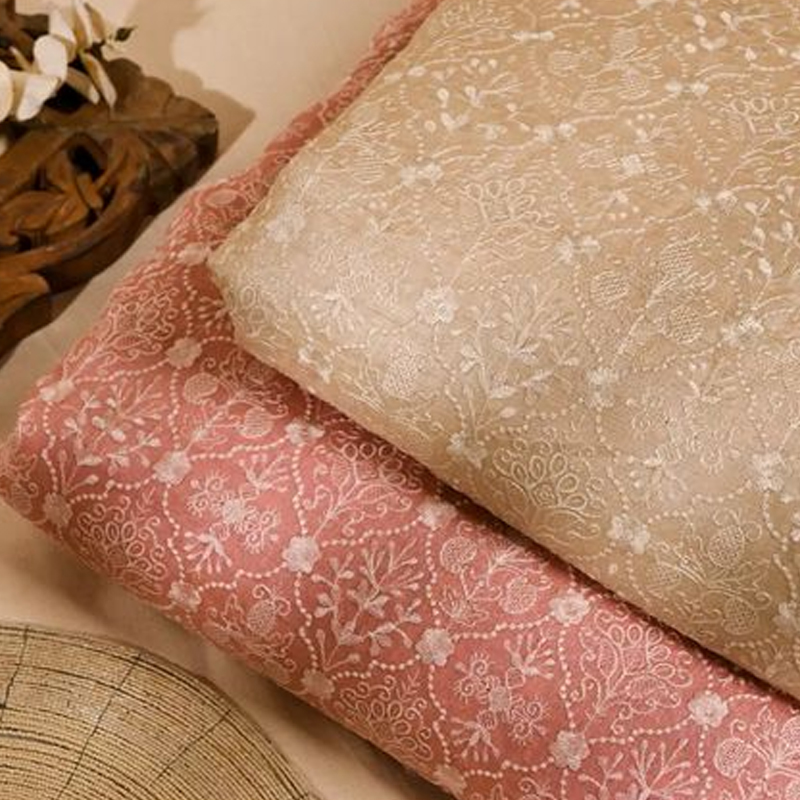
From Shaoxing to the World: How Do Export Services Work?
Shaoxing Textile Market isn’t just for domestic buyers; it’s a global hub with robust export services. Understanding how these services work can help international buyers navigate the complexities of cross-border trade.
Here’s an overview of the export process:
- Finding an Export Agent: Many suppliers work with export agents who handle documentation and shipping logistics.
- Documentation: Ensure all necessary paperwork is in order, including commercial invoices, packing lists, and certificates of origin.
- Payment Options: Common methods include Letter of Credit (L/C), Telegraphic Transfer (T/T), and sometimes PayPal for smaller orders.
- Shipping: Choose between air freight (faster but more expensive) and sea freight (slower but more cost-effective for large orders).
- Customs Clearance: Be aware of your country’s import regulations and duties to avoid delays or extra costs.
It’s worth noting that many suppliers in Shaoxing are experienced in international trade and can guide you through this process. However, for large or complex orders, working with a professional freight forwarder or import-export consultant can be beneficial.
Staying Ahead: How Does Shaoxing Keep Up with Fashion Trends?
Shaoxing Textile Market isn’t just a place to buy fabrics; it’s a trendsetter in its own right. The market plays a crucial role in shaping fashion trends, both in China and globally. But how does it stay ahead of the curve?
Here are some ways Shaoxing keeps its finger on the pulse of fashion:
- Trend Forecasting: Many suppliers work with trend forecasting agencies to anticipate upcoming styles.
- International Collaboration: Partnerships with global designers and brands bring fresh perspectives.
- Rapid Prototyping: Advanced manufacturing capabilities allow for quick development of new fabric styles.
- Trade Shows: Regular textile fairs in Shaoxing showcase the latest innovations.
- Customer Feedback: Close relationships with buyers provide insights into market demands.
For buyers, this means you can often find fabrics in Shaoxing that are ahead of the retail curve. It’s not uncommon to see textiles here that will hit mainstream fashion months or even years later. This can be a significant advantage for forward-thinking designers and brands.
“Fashion is not something that exists in dresses only. Fashion is in the sky, in the street, fashion has to do with ideas, the way we live, what is happening.” – Coco Chanel
This quote perfectly encapsulates the approach of many suppliers in Shaoxing. They understand that textile trends are influenced by broader cultural and social movements, and they strive to reflect these in their offerings.
Beyond Buying: What Else Does Shaoxing Offer?
While fabric wholesale is the main draw, Shaoxing Textile Market offers much more than just buying opportunities. Understanding these additional services and attractions can enhance your visit and potentially benefit your business.
Here are some additional aspects of Shaoxing to explore:
- Dyeing Facilities: Many suppliers offer dyeing services, allowing you to customize colors for your chosen fabrics.
- Printing Services: From digital to traditional techniques, you can have your designs printed on various fabrics.
- Accessories and Trimmings: Find everything from buttons and zippers to lace and embroidery to complement your fabric choices.
- Networking Opportunities: The market is a great place to connect with industry professionals from around the world.
- Local Attractions: Shaoxing itself is a historic city with plenty to see, including ancient water towns and cultural sites.
For those interested in the technical side of textiles, many suppliers are happy to arrange tours of their production facilities. This can provide valuable insights into the manufacturing process and help you make more informed decisions about the fabrics you choose.
Additionally, Shaoxing hosts several textile-related trade fairs throughout the year.

